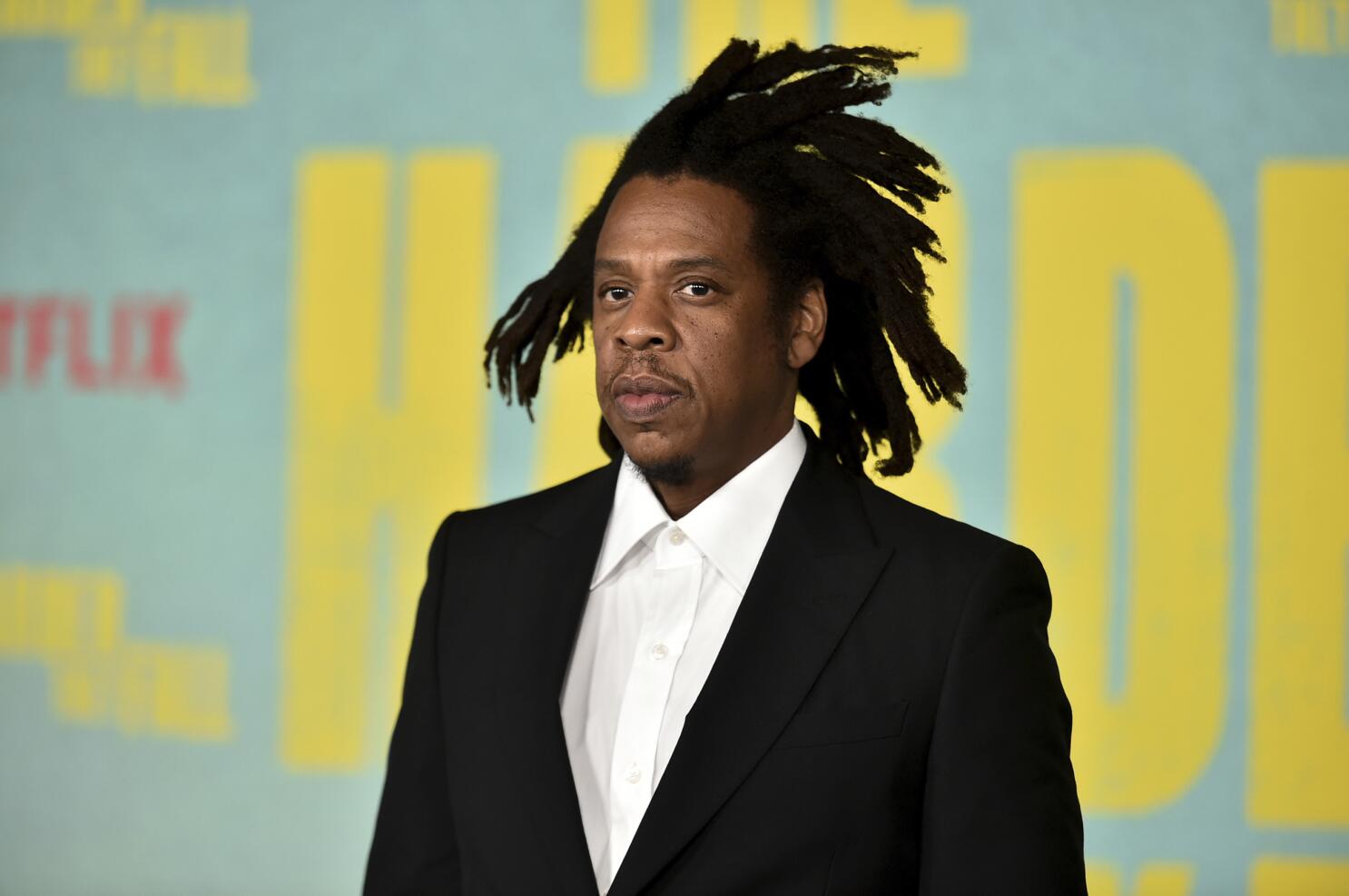In a recent ruling that has drawn attention for its sharp rebuke, New York Judge Analisa Torres delivered what experts are calling a “bench slap” to Jay-Z’s legal team after the rapper’s attorneys filed multiple motions demanding the public identification of an anonymous woman in a high-profile sexual assault case.
The ruling has sent a clear message to lawyers, emphasizing the importance of professionalism and ethical conduct in litigation, particularly when representing powerful clients.
The case centers around a lawsuit filed by Jane Doe, who accused Jay-Z and Sean “Diddy” Combs of raping her when she was just 13 years old at a 2000 VMAs after-party. Jay-Z’s legal team, led by attorney Alex Spiro of Quinn Emanuel, filed a series of combative motions aimed at publicly unmasking the victim, a move that sparked significant backlash from legal experts. Judge Torres’ decision, issued on December 26, blocked the request, allowing the victim to maintain her anonymity for the time being.
A Scathing Ruling and Professional Repercussions
In her opinion, Judge Torres reprimanded Jay-Z’s legal strategy, particularly the inflammatory language and ad hominem attacks employed in the motions. The judge called these tactics “inappropriate” and a “waste of judicial resources,” underscoring that such aggressive legal maneuvers are unlikely to benefit the client. This form of litigation, often referred to as “bare-knuckle” tactics, was met with sharp criticism for undermining both the legal process and the dignity of those involved.
Former federal prosecutor Neama Rahmani weighed in, explaining that this type of ruling is commonly referred to as a “bench slap,” a form of public chastisement for lawyers who overstep ethical boundaries. Rahmani noted that the ruling serves as a reminder that being a prominent lawyer for a wealthy celebrity does not give one license to use aggressive or underhanded tactics.
“Attacking the victim or her attorney in such a manner is not just professionally embarrassing; it also sends a strong message to the legal community that these tactics will not be tolerated,” Rahmani said.
Balancing Privacy with Legal Rights
At the heart of the ruling was the delicate balance between protecting the victim’s privacy and ensuring the defendant’s right to a fair trial. Judge Torres emphasized that, while the public has a right to know certain details of high-profile cases, the victim’s emotional and psychological well-being must take precedence at this stage.
Attorney Lauren Johnson-Norris, a criminal defense lawyer, added that courts generally “disfavor” repeated filings with inflammatory language, especially when used to attack the integrity of victims. While she acknowledged that celebrity clients like Jay-Z can be demanding, she noted that lawyers must maintain their professional responsibilities to their clients and the court.
The Future of the Case
Although Jay-Z’s legal team was unsuccessful in their efforts to force the identification of Jane Doe, Judge Torres indicated that the issue could be revisited later in the case, should the balance of privacy interests and public disclosure shift. John J. Perlstein, a Los Angeles litigator, explained that in sexual assault cases involving minors, such decisions are often revisited as the case progresses. Perlstein suggested that while the victim’s identity may remain shielded for now, disclosure will eventually become necessary as the discovery phase unfolds and the defense seeks evidence to mount its case.
This ruling comes amidst Jay-Z’s vehement denial of the allegations, which were posted on Roc Nation’s social media. The rapper called the charges “heinous,” suggesting that criminal charges should have been pursued instead of a civil lawsuit. Both Jay-Z and Diddy, who also denies the accusations, continue to maintain their innocence.
As the case progresses, legal observers will be watching closely to see if Spiro and other members of Jay-Z’s legal team adjust their approach, as this ruling is likely to impact how they engage in future litigation.
This case exemplifies the high-stakes nature of celebrity lawsuits and the legal ethics surrounding the handling of sensitive issues like sexual assault, especially when they involve powerful public figures. As Jay-Z’s legal team recalibrates, the case will continue to be one of the most closely followed in recent legal history.

